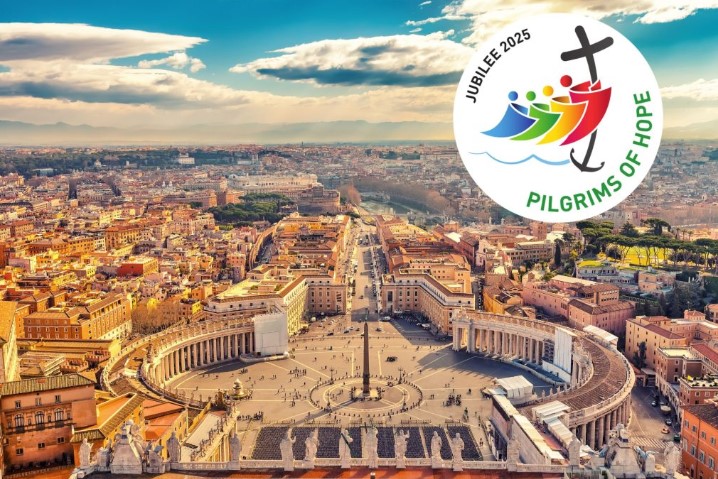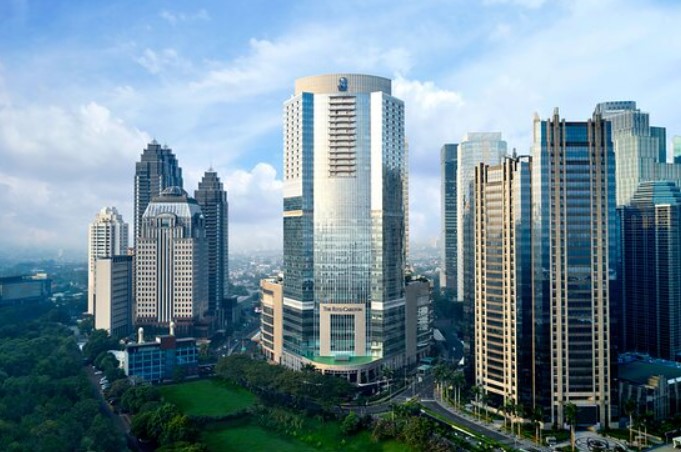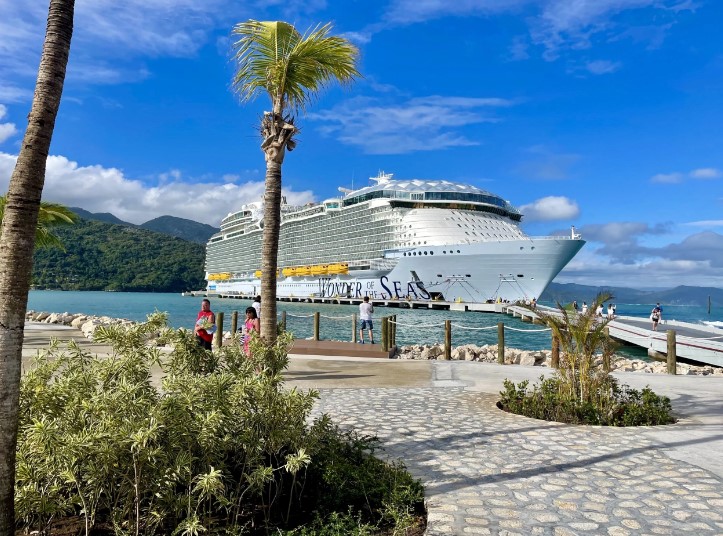Individual happiness is subjective, but some factors contribute to a happy society no matter where you are, according to the UN Sustainable Development Solutions Network. For the past 11 years, the nongovernmental organization has ranked more than 150 countries based on their citizens’ self-evaluations of their quality of life, including social support, income, health, freedom, generosity, and lack of corruption.
And while the big winners continue to be the Nordic countries of Finland, Denmark, and Iceland, the report also points out that despite multiple world crises, including the war in Ukraine, global life satisfaction is “just as high as in the pre-pandemic years.”
“The overall goal is a happier society,” professor Richard Layard, co-director of the Wellbeing Programme at the London School of Economics and editor of the report, said in a press release. “But we only get there if people make each other happy (and not just themselves). It’s an inspiring goal for us as individuals. And it includes the happiness of future generations — and our own mental health.”
Now, check out the top 10 countries that seem to have figured out the formula for a happy society.
Finland
Sami Auvinen/Getty Images
This Nordic nation has been crowned the happiest in the world for a record sixth time. While its final score (7.804) is slightly lower than last year’s (7.821), Finland is still considerably ahead of other countries. And it’s not keeping its secret to happiness to itself. The country recently announced that it’s holding a “Masterclass of Happiness” to help people “find their ‘inner Finn’ and master the Finnish state of mind.” On the agenda? Professional coaches will help participants connect with nature among the peaceful scenery of Kuru Resort in the Lakeland region, known for its stunning landscapes and lakes.
Denmark
Alexander Spatari/Getty Images
With a total score of 7.586, Denmark maintains its status as a runner-up this year, too. The country where hygge is a way of life is also proof that high taxes don’t necessarily mean an unhappy nation. While Danish people pay the highest personal income tax in Europe (almost 56 percent), its citizens benefit from a comprehensive social welfare system, including free education and health care that seems to leave them pretty content.
Iceland
Gestur Gislason/Getty Images
Not only is the Land of Fire and Ice one of the happiest in the world, it’s also the safest. The country tops the World Economic Forum’s 2022 Global Gender Gap Report, having closed more than 90 percent of its gender gap. What else makes Icelandic people happy? A high income, a stable economy, a lack of corruption, generosity, free education, and a strong sense of community, to name a few. And we’re certain that having access to some of the most stunning natural landscapes in the world helps, too.
Israel
Beata Zawrzel/NurPhoto via Getty Images
The most significant change in this year’s ranking is Israel, which jumped five spots to number four — its highest since the report’s launch in 2012. Experts explain this with the country’s fast recovery post-COVID (the economy expanded by 6.5 percent and GDP per capita increased 4.4 percent). Additionally, Israelis have strong social connections and high life expectancy, according to data from the Organisation for Economic Co-operation and Development (OECD).
Netherlands
Getty Images
The Netherlands comes in fifth with a score of 7.403, mirroring last year’s ranking. Aside from its endless tulip fields (which makes us happy), the country’s economy was recently praised for its resilience and robust recovery compared to the rest of the EU in the latest report by the International Monetary Fund. Plus, affordable higher education, an excellent job market, a strong sense of community, and high civic engagement all reinstate a sense of happiness in Dutch society.
Sweden
Alexander Farnsworth/Getty Images
Sweden moved up one spot to sixth this year. Despite recording more deaths from COVID-19 than other Nordic nations, the country’s score was slightly higher than last year’s. Air and environmental pollution in Sweden are the second lowest after Finland, resulting in better life expectancy, according to data from OECD. A high employment rate and gender equality (more than 80 percent) also lead to better life satisfaction in Sweden.
Norway
Getty Images
It’s easy to see why Norwegians consider themselves a happy nation. With tuition-free education, a high income rate, low levels of corruption, and a robust social support network, Norway has been a fixture on the top 10 happiest countries ranking, and it even topped it in 2017. With an abundance of natural attractions such as fjords, mountains, lush forests, lakes, and regular northern lights sightings, people don’t have to travel far to find a quiet spot to unwind and recharge.
Switzerland
Robert Buschel/Getty Images
While Switzerland fell four spots since last year, the country is still home to some of the happiest (and healthiest) people in the world, thanks to low crime rates, a high GDP per capita, and beautiful mountain scenery that welcome year-round recreation. According to the World Happiness Report, Swiss people also relate positive life satisfaction with “prosociality,” like volunteering and charitable donations.
Luxembourg
imageBROKER/Hans-Werner Rodrian/Getty Images
Luxembourg made its debut among the top 10 happiest countries last year under number six, but it fell to number nine in 2023 with a score of 7.228. While it’s one of the smallest and least populous nations in Europe (it’s slightly smaller than Rhode Island), Luxembourg is actually one of the wealthiest countries in the world when it comes to GDP per capita. Safety, high public trust, and diversity all contribute to a greater sense of happiness in locals here (half of which have a foreign nationality).
New Zealand
Getty Images
Similar to last year, New Zealand occupies the tenth spot on the list of world’s happiest countries. After the nation opened post-COVID in April 2022, it has seen a steady stream of visitors helping it recover and, in some industries, even beat pre-pandemic levels.
But aside from a high GDP per capita, New Zealand residents — even those who live in cities — are lucky to have access to incredible beaches, lakes, and vineyards. The country also outperforms other OECD places in many well-being factors, including education, health, and civic engagement.

:max_bytes(150000):strip_icc()/TAL-canton-schwyz-switzerland-HAPPIESTCOUNTRY0323-a94eee01315a4c1e872ba4a07bbdd805.jpg)




More Stories
Embracing Hope – The Pilgrims of 2025 and the Jubilee Year
10 Highest Mountains in the World: Exploring Earth’s Pinnacles
15 Best Places to Visit in Bali: Unveiling Tropical Paradise